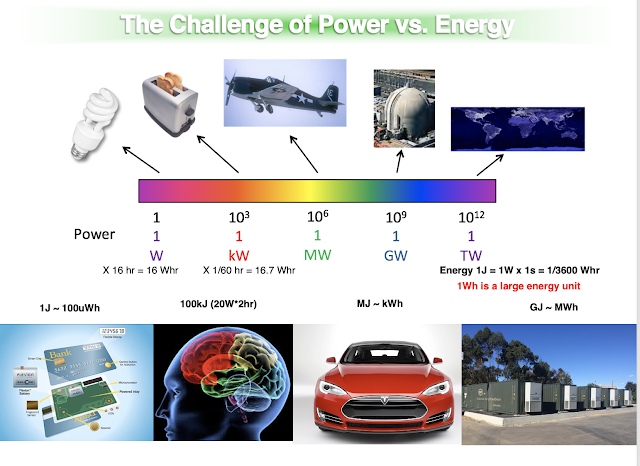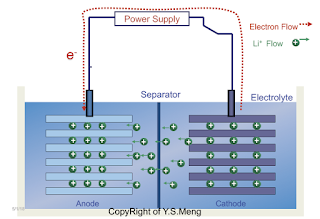$/Wh (Price/Energy) - Cost Performance Ratio
Last week, my student who works on solid state batteries made a simple analysis that taught me something important. Professor, did you realize that the raw materials used in batteries have been on steady rise for the last decade? (yes, but one should not use the lithium metal price, but lithium carbonate or lithium hydroxide price) The scientists and engineers were able to improved the technology so much (including replacing Co with Ni, reducing manufacturing process cost etc.) , that the $$/Wh number has been steadily decreasing in the past decade. So true. It is so important to realize that technology can change economics and vice versa.
Two important things to know - 1) There is more lithium than lead on the planet earth (of course the lithium in the ocean is hard to get), 2) Price can change with time, demand, supply and many other reasons (and we the scientists should pretend that we know everything)
Side note -
There are three things in my career I truly value: (1) Learn something NEW every day. (2) Surround myself with the best (young) minds. (3) Be able to implement my own ideas. Being a professor in the field of energy materials design, discovery and diagnosis makes my dream come true. Science, technology, and engineering, if deployed properly, are the key drivers for improving people’s lives, particularly today while climate changes are threatening the wellbeing of humankind; my work to enable better energy storage materials and devices seems relevant, and I think it is our duty to help the public understand we (as an entire field) can provide meaningful solutions to combat climate change. I imagine a world where the majority of the population can access cheap, abundant, clean water and energy–this vision is my inspiration to engage in energy research (http://smeng.ucsd.edu/). Besides being a scientist and an engineer in the energy field, I am also an educator; I feel privileged that I can teach, advise, and mentor the young brilliant minds who are going to make a difference in the world. *
* https://doi.org/10.1021/acsenergylett.0c00083
Two important things to know - 1) There is more lithium than lead on the planet earth (of course the lithium in the ocean is hard to get), 2) Price can change with time, demand, supply and many other reasons (and we the scientists should pretend that we know everything)
Side note -
There are three things in my career I truly value: (1) Learn something NEW every day. (2) Surround myself with the best (young) minds. (3) Be able to implement my own ideas. Being a professor in the field of energy materials design, discovery and diagnosis makes my dream come true. Science, technology, and engineering, if deployed properly, are the key drivers for improving people’s lives, particularly today while climate changes are threatening the wellbeing of humankind; my work to enable better energy storage materials and devices seems relevant, and I think it is our duty to help the public understand we (as an entire field) can provide meaningful solutions to combat climate change. I imagine a world where the majority of the population can access cheap, abundant, clean water and energy–this vision is my inspiration to engage in energy research (http://smeng.ucsd.edu/). Besides being a scientist and an engineer in the energy field, I am also an educator; I feel privileged that I can teach, advise, and mentor the young brilliant minds who are going to make a difference in the world. *




Comments
Post a Comment